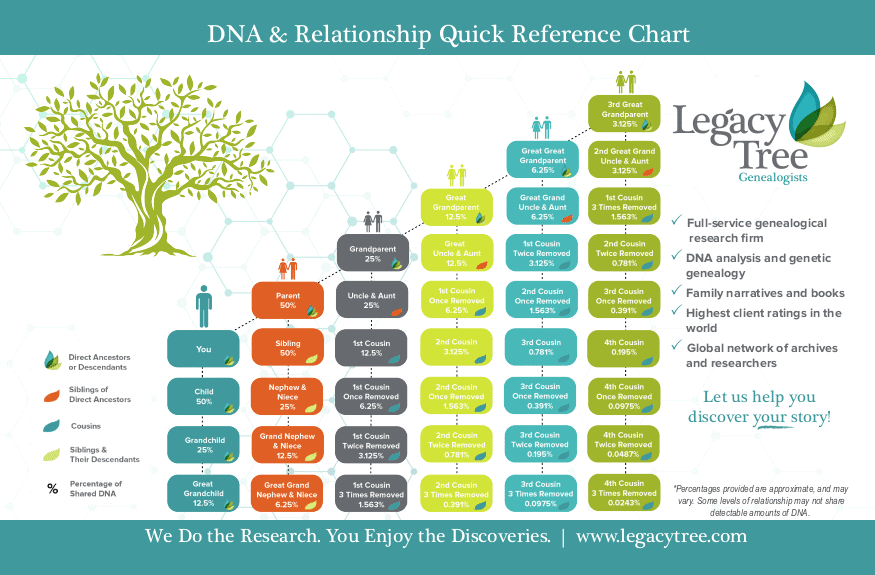
Jessica Taylor, President and Founder of Legacy Tree Genealogists has helped thousands of clients across the globe discover more about their heritage through professional genealogy research. Founded in 2004, Legacy Tree Genealogists is the world’s leading professional genealogy research firm providing full-service genealogical research for clients worldwide, helping them discover their roots and personal history through records, narratives, and DNA analysis.
Please share a bit about your background and what inspired you to get involved in genealogy?
I was introduced to genealogy early on by my maternal grandma and by my dad, who both loved genealogy. My dad had an enormous family history book at home and I liked to flip through the pages and try to find the earliest birth year in the book. When I was in college, I roamed from major to major a bit and was then so happy and lucky to come across the Family History – Genealogy major (at Brigham Young University). I found this to be a great combination of history, writing, and sleuthing and fell in love.
Where would you recommend people who are new to genealogy start out and what do you consider to be the first step in discovering their story?
The most meaningful and often easiest first step to take is to ask relatives what they already know. After that, you can most easily learn about how to search for and evaluate genealogy records by first focusing on recent generations, such as finding a grandparent in the 1940 U.S. Census and finding a great-grandparent’s obituary and death certificate, since many of these types of records are online and indexed. From there you can work backwards in time to when research gets more difficult due to nonexistent and less informative records.
There are also wonderful educational opportunities to learn about how to do genealogy research – just a few of these are the genealogy certificate program at Boston University and genealogical institutes such as the Salt Lake Institute of Genealogy and the Genealogical Research Institute of Pittsburgh.
And, I’d also suggest getting started by making sure you get your own DNA tested if you haven’t!

What is one mistake that you often see non-professionals make in their family history research and how could this be avoided?
This is a mistake I believe all of us make when we start, so it’s forgivable, but it’s copying family trees online into your own family tree and believing it’s all correct without verifying it. There’s a lot of myth out there that needs documentation to back it up.
What are the benefits to hiring a genealogist over trying to research something on your own? At what point do you think a novice should bring in the professionals?
I’ve seen our clients benefit by hiring professionals for work that would take a lot of training to do adequately on their own – things like complicated genetic genealogy, European research, and early research in any country, including the U.S. There is also benefit in simply allocating time to things one is good at and enjoys vs trying to do everything, so those who don’t have the time it takes to research and document their family history are benefitted by being able to hire someone to do the research and write up the story for them.
The point at which a novice should bring in a professional is whenever they would like to – that can be from the very beginning, or once they realize that they’re spinning their wheels without progress. For many people that happens when they hit about 1850 in the United States or when they’re trying to find the birthplace of an immigrant ancestor.
How has DNA changed things for genealogy?
At Legacy Tree we knew early on that DNA was going to be an amazing game-changer for genealogy, and it certainly has been. There are mysteries that could never be solved (and mysteries we didn’t even know existed) without DNA clues and evidence. DNA has allowed our clients to connect with biological parents, siblings, and other relatives that they never could have found without it. It also allows us to solve early genealogical brick walls where the paper trail isn’t sufficient to prove ancestry.
The discovery of DNA and the development of the internet has added a great advantage to family history research over the past years. What do you predict could be the next big influence on research?
Artificial intelligence and facial recognition has come a long way in recent years. I think there might be awesome applications to that in the genealogy industry in the future.
Lastly, if you had unlimited time is there any genealogy project you would personally like to take on?
This is a fun question! I love beautiful family history books with lots of pictures and creating those has been really meaningful for me. So, maybe I would create a book about my mom based on oral interviews. Now I’m feeling inspired!

